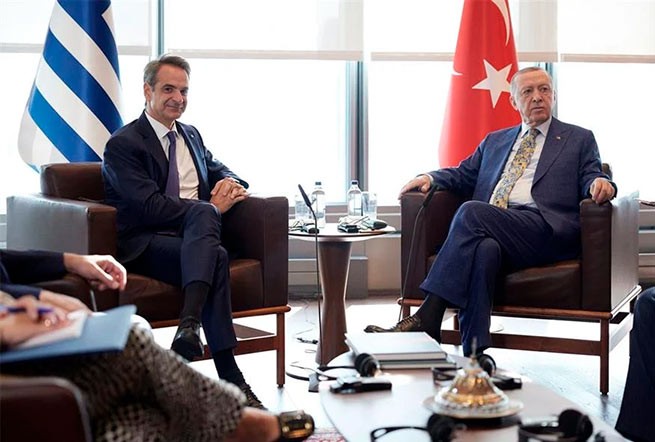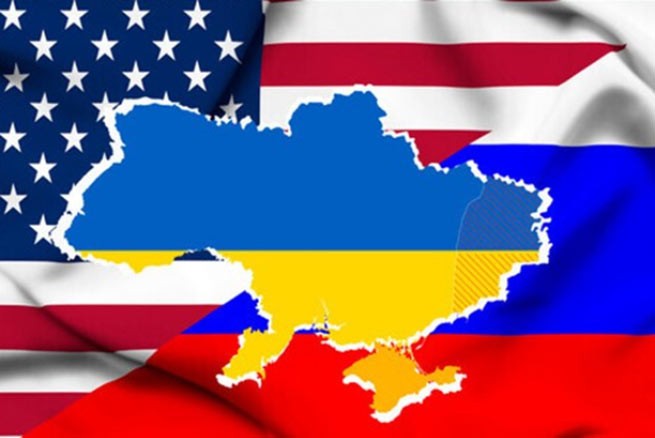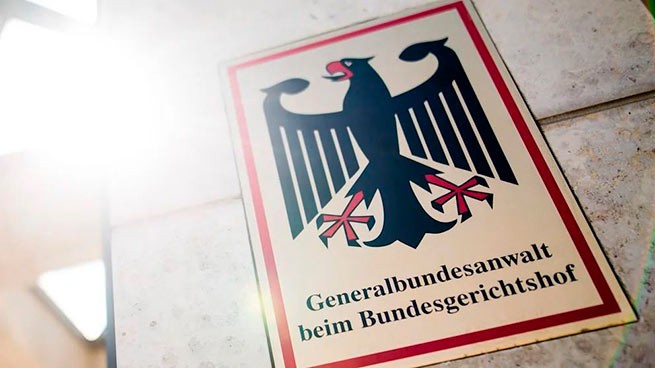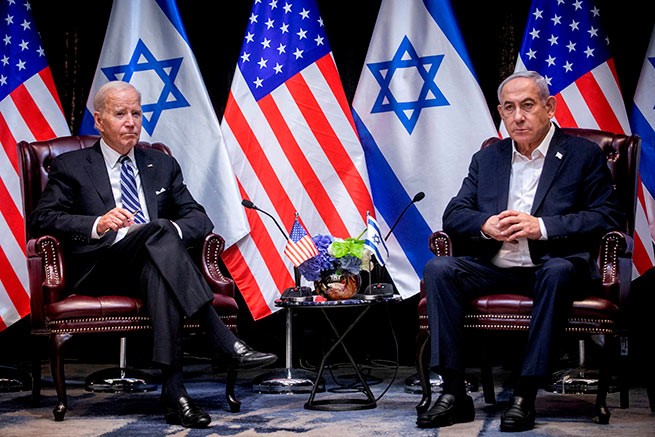The head of the Church of Greece, Archbishop Jerome, during his stay * in Cyprus, he could not clearly answer a journalist’s direct question about the future of Orthodoxy in the context of the situation with the OCU.
According to the Primate of the EOC, “in the end, unity will triumph, and we will all be on the same path of love,” and all Orthodox Christians should “strive for the unity of the Church in order to humble themselves a little more for the good of people.” He believes that “all those who have a dividing logic do not help the Church either, let alone their future.”
In other words, the head of the EOC sees the condition of unity as the humility of the Churches, which should take care of the “welfare of the people.” There are several important points to make here.
1. If the bishop who recognized Dumenko speaks of humility for the sake of “the unity of the Church,” then he obviously means the humility of the ROC and the UOC. It is they who are obliged to “come to terms a little more for the good of people.” It turns out that our hierarchy, in the opinion of the Greek primate, should call the layman Sergei Dumenko the canonical primate, and this will be a blessing for the believers of our Church. Do we agree with such a boon? No, we don’t agree.
2. About “dividing logic”. Obviously, Archbishop Jerome used this phrase, referring to the ROC and the UOC, since these Churches broke off communion with the Phanar after the well-known actions of the Church of Constantinople. But who in reality shares Orthodoxy? To date, the overwhelming majority of Local Churches have not recognized the OCU. Moreover, even within those who admit, we observe division. Half of the Synod of the Cypriot Church does not agree with the commemoration of Epiphanius. Many bishops of the EOC also oppose the commemoration of Ukrainian schismatics. However, despite all this, Phanar continues to bend its line and does everything to persuade other Churches to recognize the Ukrainian schism. What is this if not the logic of separation?
In general, it can be noted that the primate of the EOC, in describing the conflict in Orthodoxy, carefully avoids the harsh wording that we see in Patriarch Bartholomew or Archbishop Chrysostomos. The style of his answer is “we are for everything good, against everything bad”. There is no doubt that such a lukewarm position with the declaration of “ways of love” will be very popular in recent times.
However, this issue has another approach, which has recently been actively promoted in Phanar. It is about gradual rapprochement and unification with Catholics. Realizing that a split in Orthodoxy could bring down the church itself, Bartholomew began to actively pedalize the question of uniting churches.
One of the first steps was the announcement of one of the main ideologists of schism, Metropolitan of Chalcedon, Mr. Emmanuel, who, while in the Vatican, declared that “the celebration of Easter on the same Sunday with Catholics will be a message of martyrdom and reconciliation.”
In an interview Vatican News he stressed that the Orthodox Church “with excitement” awaits the outcome of the Synod of Bishops, which will take place in 2023 on the theme “Towards a Synodal Church: Participation, Participation and Mission.” The hierarch believes that the choice of this topic is the fruit of ecumenical relations: the latest documents of the international mixed commission for dialogue between the Catholic Church and the Orthodox Churches are devoted to the relationship between conciliarity and primacy. A joint document adopted in Chieti states that in the first millennium “the Church in the East and in the West was united in the preservation of the apostolic faith, in the continuity of the apostolic succession of bishops, in the development of structures of synodality, inextricably linked with primacy, and in the understanding of power as a ministry (diaconia) love. Although the unity between East and West was sometimes broken, the bishops of the East and West realized that they belonged to one Church. ”
In 2025, our (Orthodox and Catholic) Churches will celebrate the 1700th anniversary of the Council of Nicaea – it was there that the formula for calculating the date of Easter was adopted. Just in 2025, Catholics and Orthodox will celebrate Easter on the same day. Metropolitan Emmanuel believes that the anniversary will be an auspicious moment to discuss the issue of the calendar: “The issue of joint celebration of Easter has gradually turned into an ecumenical issue of paramount importance. Indeed, how can we testify to the truth of the central mystery of Christian proclamation if we are not united on this issue? I think, – noted the hierarch, – that the forthcoming anniversary should induce us to think about our liturgical practices in the spirit of respect for the integrity of the body of Christ. For the Orthodox Church, issues related to the calendar are very acute, and history has shown that they can lead to schism. The pre-conciliar pan-Orthodox context also did not allow them to be solved, without giving rise to the phenomena of polarization, which relate not so much to theology as to the problem of identity. If, on this historical conciliar basis, Easter is celebrated throughout the Christian world on one Sunday, it will become a powerful message of testimony and reconciliation, ”the representative of the Patriarchate of Constantinople emphasized.
* On June 12, Archbishop Jerome paid a visit to Cyprus to mark the opening of a new cathedral in Nicosia. The event was attended by Archbishop Jerome of Athens and Chrysostomos of Cyprus. Speakers were Metropolitan George of Paphos, on the “timeless contribution of the Church to the nation,” and historian Petros Papapoliviou, Associate Professor at the University of Cyprus, with a presentation: “The Contribution of Cypriot Hellenism to the Revolution of 1821 and the Struggle of the Nation.” The event was attended by, among others, the Ambassador of Greece in Cyprus Theocharis Lalakos, Minister of Education of Cyprus, Prodromos Prodromou, bishops of the Greek and Cypriot Church, as well as the Exarch of the Holy Sepulcher in Cyprus and other guests.






More Stories
North Macedonia welcomes recognition by the Patriarchate of the Church of Ohrid
Bogdanos: Pakistan and Britain are financing the construction of a new mosque in Megara
Metropolitan Pavel of Drama dies